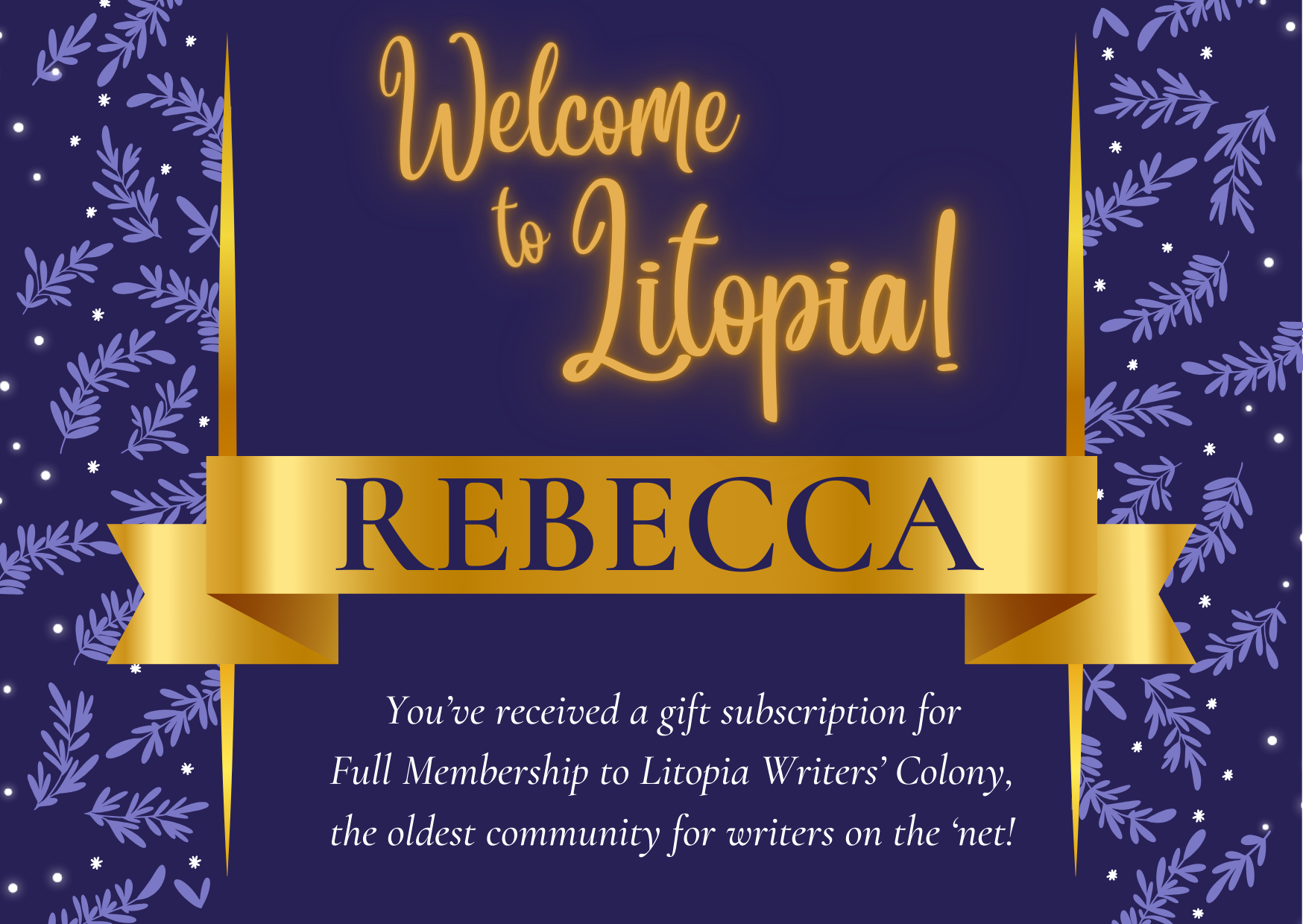Another quick video chat… thanks to everyone in the Huddle who helped shape it!
Use Coupon Code GIFT50 to get $50 off any membership you give! Valid until end Dec
-
Café Life is the Colony's main hangout, watering hole and meeting point.
This is a place where you'll meet and make writing friends, and indulge in stratospherically-elevated wit or barometrically low humour.
Some Colonists pop in religiously every day before or after work. Others we see here less regularly, but all are equally welcome. Two important grounds rules…
- Don't give offence
- Don't take offence
We now allow political discussion, but strongly suggest it takes place in the Steam Room, which is a private sub-forum within Café Life. It’s only accessible to Full Members.
You can dismiss this notice by clicking the "x" box
Brush Up Your Book Proposal!
- Thread starter AgentPete
- Start date
Café Life Tag Cloud
agent
author
authors
book
books
cafe
calls for submissions
competition
conferences
contests
creative writing
editing
fantasy
fear
fiction
genre
greetings
huddle
inspiration
life
literature
litopia
motivation
new
new member
novel
novels
november
philosophy
poetry
publishing
reading
romance
science fiction
self-publishing
short stories
short story
stories
story
submissions
time
vanity
winners
words
world
writer
writers
writing
writing contests
zodiac
Similar threads
Thought for the Day
If writing and publishing a book is....
Dandelion Break
David Bowie OnLine Book Club

